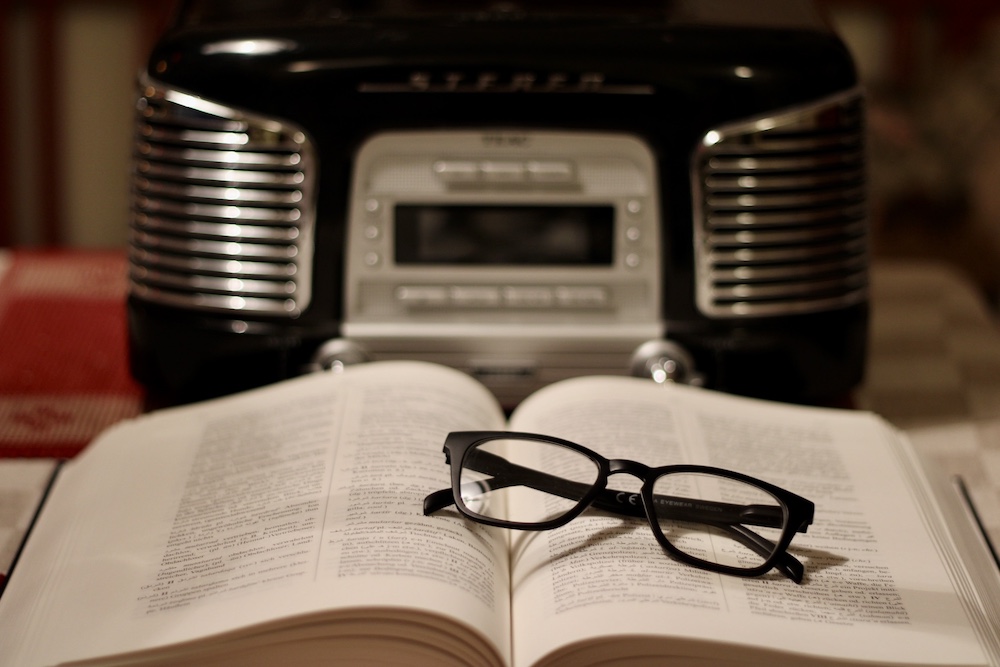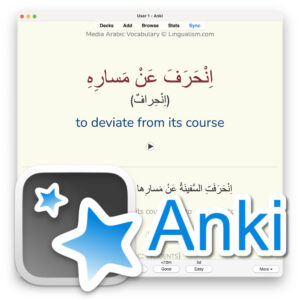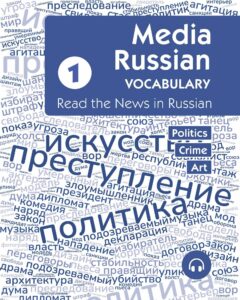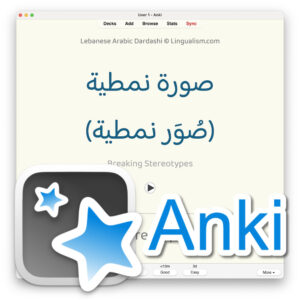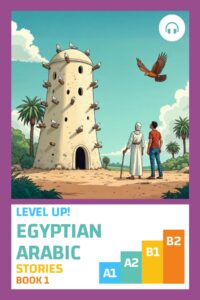The best way to learn a language is, of course, to live in a country where the language is spoken. I’ve learned English, French, and Czech that way. But I have reached a high level of proficiency in Russian, although I’ve only spent a few weeks in Russia, and a decent level of Arabic without (so far) visiting any Arab country. So, I would like to share one way to improve your listening skills through “simulating” living in a country where the language you’re studying is spoken, and that is through the slightly old-fashioned medium of radio.
I started learning languages before the internet. (I know, I’m that old!) And I really appreciate the technological advances that have revolutionized language learning in so many ways. Still, I believe that learning a language is like training for a marathon. It takes discipline and commitment, and it won’t be fun all the time. The key to success is perseverance. Another parallel to physical training is that easy and fun exercises are usually not the most effective ones. In my opinion, although demanding at first, listening to the radio can help you learn in ways that are quite similar to living in a foreign country.
First of all, you get used to the sound of the language. I started listening to Russian radio (and later radio in Arabic) even though I hardly understood anything at all–very similar to my first month doing volunteer work in France in the ’90s…. After a while, you hear a couple of words you know, and suddenly you understand a whole sentence! The advantage of radio is that you can listen to it while showering in the morning or cooking and doing the dishes in the evening. Depending on what kind of work you do, you might even be able to listen to the radio while at work. That way, you can get more exposure to the language, and you don’t have to “find the time for studying.” I listen to the radio in Arabic while traveling to and from my office, which means about one and a half hours of listening every day.
You can, of course, listen to podcasts or programs adapted for the level you are at, but I find it very useful to get a mix of different kinds of authentic programs with different themes. There are many apps for individual radio stations and apps where you can search radio stations by language and country. I suggest that you find one with a mix of formal programs and lighter ones where listeners call into the station to discuss different topics. My favorites at the moment are Monte Carlo Doualiya, a French public radio service that broadcasts Arabic programs from Paris 24/7, and Makan (مكان), an Israeli radio station broadcasting in Arabic.
When it comes to the news, you will notice that many international news stories are the same as in your own country. You will hear the names of capitals and international politicians pronounced in the language you are learning. That way, you (perhaps subconsciously) learn about the phonetics of the language. With Arabic, there is also the advantage that you will hear the news in Modern Standard Arabic, while the other programs will feature both dialect and MSA, and often a mix of the two.
One hurdle is that when you’re listening to a live radio broadcast, you don’t know what the subject is. This makes it more difficult than watching tv, where the images will give you information about the subject. But that is also an advantage because it resembles being in a foreign country, where you would hear people talking to each other or you, and you would have no idea at first what the subject is. Although very useful, it is hard to learn strategies for identifying the subject of the conversation using your limited vocabulary, and it is very rewarding when you succeed.
In my opinion, learning vocabulary is one of the more tedious parts of studying a language, especially when you are not exposed to the language on a daily basis. Here, too, listening to the radio can keep you motivated. If you learn 20 new words in the evening and then listen to the radio for an hour the next day, it’s almost certain that you will hear at least a couple of those words being used. This will inspire you to learn more words, and it will also help you remember the words you’ve already learned when you hear them in context. (Repetitio est mater studiorum – Repetition is the mother of learning).
Everyone has their own way of learning, and different techniques work for different people. So maybe this method won’t work for you, but I would really like to encourage you to tune in to a radio talk show in the language you are learning and give it a try.


